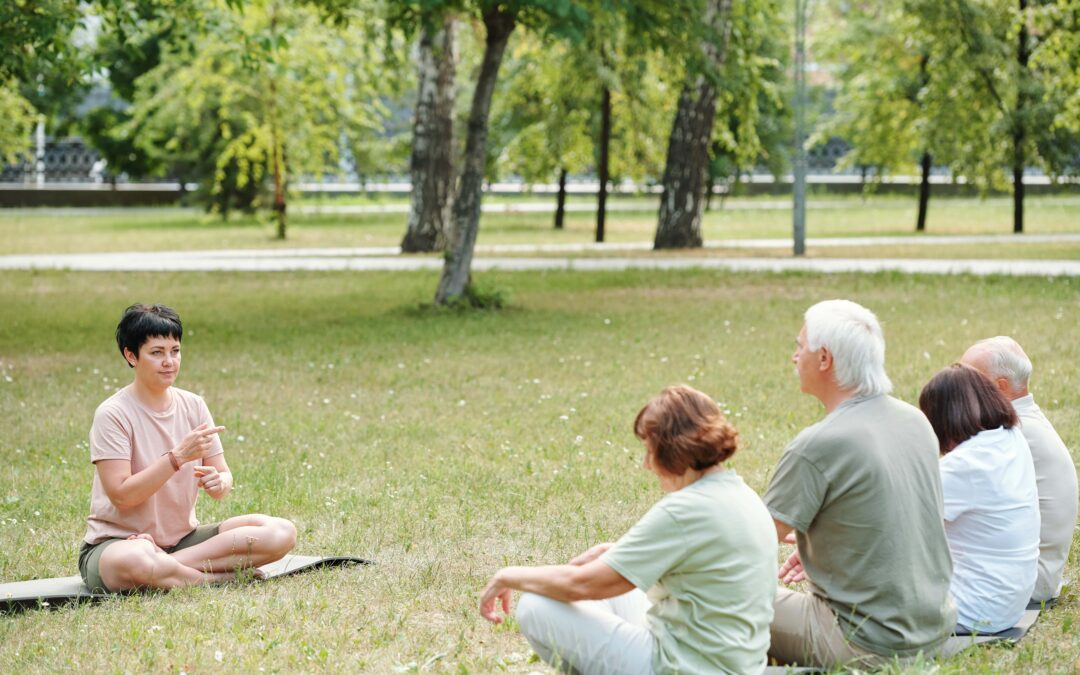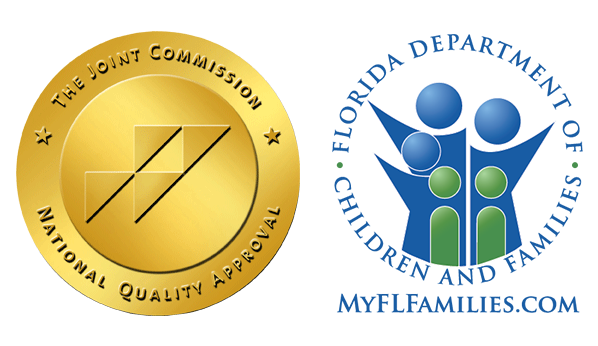From taking a stroll through urban green spaces to going on a day hike in the wilderness, exposure to nature has a number of advantages. These advantages include greater focus, less stress, better moods, a lower risk of developing psychiatric problems, and even increased empathy and the ability to collaborate. The majority of studies to date have been on green areas like parks and woods, but now scientists are starting to look into the advantages of blue spaces or locations with views of the ocean and rivers. However, because nature comes in all different sizes and shapes, psychologists are still researching our knowledge of its potential advantages.
What Are the Benefits of Exposure to Nature?
There are many benefits to our physical and mental health from spending time outdoors, some of which include the following:
Reduce real and perceived levels of stress
Become more resilient and able to recover quickly from difficult situations
More contact with people, reducing isolation
Enhance overall mood and lessen depression and anxiety symptoms
Improved capacity to handle physical discomfort
Reduce mental exhaustion by repairing and unwinding the mind
More social connection and joy
Enhance productivity while reducing burnout
Boost your imagination and awareness
Stress Triggers Substance Abuse
Although there are numerous studies that prove the point, we can tell from our daily living that stress affects our habits: what we consume, engage in, think about, etc. Chronic stress, which is persistent and lasts for a long time, can have a negative impact on both your mental and physical health. Stress has an impact on almost all of your body’s systems. The emergence of chronic headaches, cardiovascular disease, or obesity are all conditions that can be brought on by prolonged stress, along with an increased risk of mental health disorders like anxiety or depression. In the absence of effective coping mechanisms, someone who experiences prolonged stress may turn to drugs or alcohol.
The Beachcomber and Coping Skills
You can work through difficult problems in life by using mature coping techniques in a positive and healthy way. If you don’t know how to handle the stress triggers in your life, you will not be equipped to avoid and overcome substance abuse. But with the appropriate plan, you can handle any circumstance with the least amount of suffering. The Beachcomber alcohol rehab in delray beach is here to help you learn those coping skills.
Coping mechanisms boost resilience. Resilience refers to a person’s capacity to bounce back swiftly from adversity, or in other words, how readily and fast they do so after anything tough in life, such as a disagreement with someone you love. Highly resilient people are able to move past challenging situations by owning up to their faults, using what they’ve learned, and forgiving themselves and others for their mistakes.
A few of the coping skills that you will learn at the drug rehab in delray beach include the following:
1. Relaxation and Mindfulness: The use of relaxation techniques induces a state of calmness that balances your body’s hormones of flight or fight. Relaxation strategies include taking a short break of 10 minutes throughout a long day to listen to music, read, take a nature walk, engage in a hobby, take a bath, or visit with a friend. To learn practical, long-lasting techniques, we teach the skills needed and give you space to practice them in a safe environment. You may also start a daily deep breathing or imagery exercise.
2. Nature: Experiencing nature at The Beachcomber helps our patients understand its need. Having time outside brings our patients peace and rejuvenates their minds and bodies to cope with their emotions. In addition to peaceful courtyards, where group sessions may be held, our facility is situated on the beach in South Florida. There is plenty of opportunity to get sunshine and warm temperatures as you learn to deal with life’s stressors.
3. Exercise: Regular movement helps to wash out stress hormones by balancing the neurological system, boosting circulation, and increasing blood flow. A 20-minute stroll each day can make a difference. Simply choose activities you enjoy and make them a regular habit to reduce stress and boost your mood. At The Beachcomber, our facility is steps away from the beach. You’ll have access to exercise such as swimming, walking, and more. The serene environment allows patients to relax and focus on their healing.
Conclusion
As our societies have become more industrialized, urban, and digital over the past few decades, there has been a rapid migration into cities. We’ve become accustomed to hiding behind screens while indoors. However, have we been harming our brains as a result? Have we been ignoring the benefits that nature can have on our general health, including the health of our brains? Are life’s stressors triggering a desire for alcohol or drugs? Take time to slow down, learn new habits, and get free from substance abuse. We are here to help.











